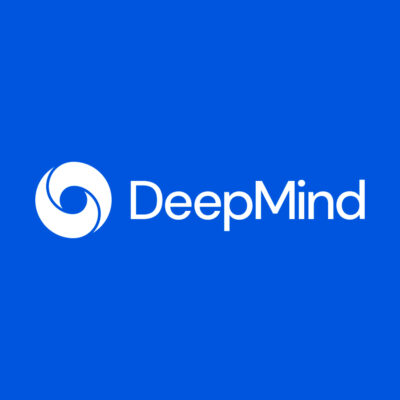Compare Models
-
Deepmind
Chinchilla AI
OTHERGoogle’s DeepMind Chinchilla AI is still in the testing phase. Once released, Chinchilla AI will be useful for developing various artificial intelligence tools, such as chatbots, virtual assistants, and predictive models. It functions in a manner analogous to that of other large language models such as GPT-3 (175B parameters), Jurassic-1 (178B parameters), Gopher (280B parameters), and Megatron-Turing NLG (300B parameters) but because Chinchilla is smaller (70B parameters), inference and fine-tuning costs less, easing the use of these models for smaller companies or universities that may not have the budget or hardware to run larger models.
-
Google
Cloud Platform
OTHERGoogle Cloud Platform (GCP) is a cloud computing service that includes innovative AI and machine learning products, solutions, and services. Google AI Studio is a low-code development environment that makes it easy to build and deploy applications and has a variety of features, such as pre-trained models that can be used to get started quickly, a unified experience for managing the entire ML lifecycle, from data preparation to model deployment, and a variety of tools for monitoring the performance of ML models in production. Vertex AI can be used to train and deploy models, and GCP also offers a variety of data storage services, including Cloud Storage, which can be used to store large datasets. -
Google
LaMDA
OTHERLaMDA stands for Language Model for Dialogue Application. It is a conversational Large Language Model (LLM) built by Google as an underlying technology to power dialogue-based applications that can generate natural-sounding human language. LaMDA is built by fine-tuning a family of Transformer-based neural language models specialized for dialog and teaching the models to leverage external knowledge sources. The potential use cases for LaMDA are diverse, ranging from customer service and chatbots to personal assistants and beyond. LaMDA is not open source; currently, there are no APIs or downloads. However, Google is working on making LaMDA more accessible to researchers and developers. In the future, it is likely that LaMDA will be released as an open source project, and that APIs and downloads will be made available.



